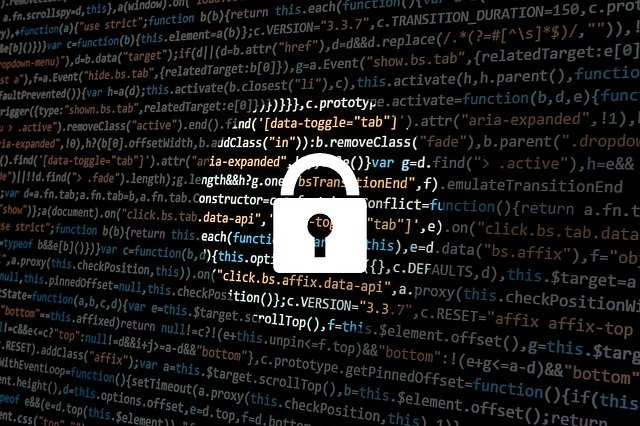In the Hollywood version of your marriage, you can spy on a cheating spouse with impunity (because the ends justify the means, right?). You can read their texts, poke around in their emails, and use tracking devices to keep tabs on their whereabouts. Same goes for their personal info.

Need an edge in the divorce proceedings? No biggie, just root around in their private paperwork, or hack their social media accounts to find out what they’re up to. Because all’s fair in love and war, right? And this was love, and now it’s war. But did you know there are laws in place to protect your spouse’s privacy?
Being married doesn’t mean your spouse can invade your privacy!
Just because you said “I do” and promised to grow old together, doesn’t mean you signed away all your rights to privacy and autonomy. Being married doesn’t mean your spouse can invade your privacy without consequences, because the law is very clear about what people can and can’t access when it comes to your personal information.
Emails, texts, private messages – these are all protected personal correspondence under the law. In Michigan, legislation is very clear about how much a person can invade another person’s privacy, even if that person is your spouse. But there are even federal laws in place that protect people’s private information.
The Stored Communications Act protects some of your private data.
The Stored Communications Act is a law dealing with the voluntary and compelled disclosure of “stored wire and electronic communications and transactional records” that are held by third-party internet service providers (ISPs). In other words, there are laws that say specifically who can access private information that’s electronically stored, and whose permission they need to see it.
A recent court case reveals how complex this can be. The 9th U.S. Circuit Court of Appeals recently revived a case for Andrea Clare, who claimed that her spouse, Kevin Clare, used her thumbprint while she was sleeping to unlock her phone. He then allegedly accessed her work emails, downloading copies for himself, and used the information in them to gain financial advantages during the divorce.
Protect yourself and your information during a divorce
If you’re considering a divorce, and you think there’s a chance your spouse may try to be sneaky and access your private emails or texts, you’re going to need expert help. Protecting your privacy is paramount at The Kronzek Firm, and making sure your spouse isn’t using any illegal methods to gain a leg-up in the divorce is what we do best.
If you think your spouse may have illegally accessed your private information in order to gain potential advantages for themselves in the divorce process come in and talk to one of our experienced family law attorneys. We can explain the law so you know what to expect. Call 866 766 5245 today, and get help from a professional divorce attorney who can assist you to navigate these tricky waters, and protect your privacy.


